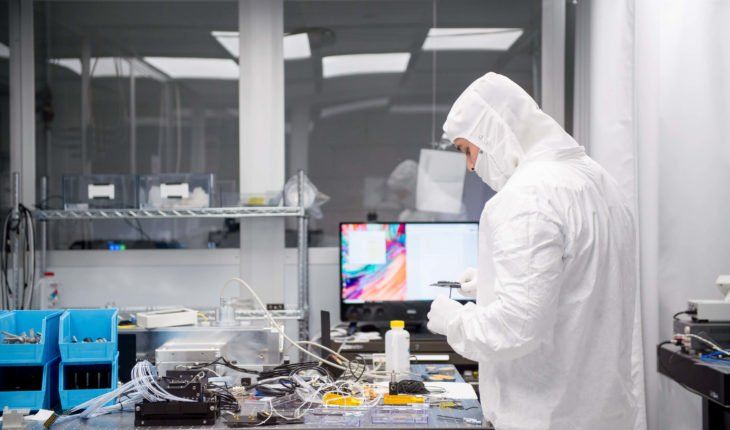Dec 11, 2018
Curry signals willingness to meet with NASA over Moon landing doubts
Posted by Alberto Lao in category: space travel
NASA offered to give Stephen Curry a tour of its lunar labs in Houston after the NBA superstar expressed doubts on the moon landings.
Three-time NBA champion Stephen Curry on Tuesday signaled that he is willing to take NASA up on its offer to tour its lunar lab in Houston after his pronouncement this week that he does not believe humans ever walked on the Moon.
During the “Winging It” podcast released on Monday, the Golden State Warriors guard asked fellow players Vince Carter and Kent Bazemore whether they believed humans had ever been to the Moon.
Continue reading “Curry signals willingness to meet with NASA over Moon landing doubts” »






 All bitcoin wallets are all digital—even a paper wallet, whether a character string or a QR code. Conversely, an exchange may use “physical” wallets to host client assets, individual application wallets, or they may simply keep records of client assets that are stored, collectively, in their own master wallet. To complicate matters, Bitcoin is never really “stored” by you or an exchange service. It is stored on a public blockchain, where assets and transaction history can be traced through time by anyone. Therefore, all forms of user access are “digital”. What the reader really wants to know is “Which form of access control is better? — custodial or personal?”
Type 1: Custodial Wallets are Managed by a Trusted Party They hold your assets. You view a statement balance—just like a bank account.
All bitcoin wallets are all digital—even a paper wallet, whether a character string or a QR code. Conversely, an exchange may use “physical” wallets to host client assets, individual application wallets, or they may simply keep records of client assets that are stored, collectively, in their own master wallet. To complicate matters, Bitcoin is never really “stored” by you or an exchange service. It is stored on a public blockchain, where assets and transaction history can be traced through time by anyone. Therefore, all forms of user access are “digital”. What the reader really wants to know is “Which form of access control is better? — custodial or personal?”
Type 1: Custodial Wallets are Managed by a Trusted Party They hold your assets. You view a statement balance—just like a bank account.










